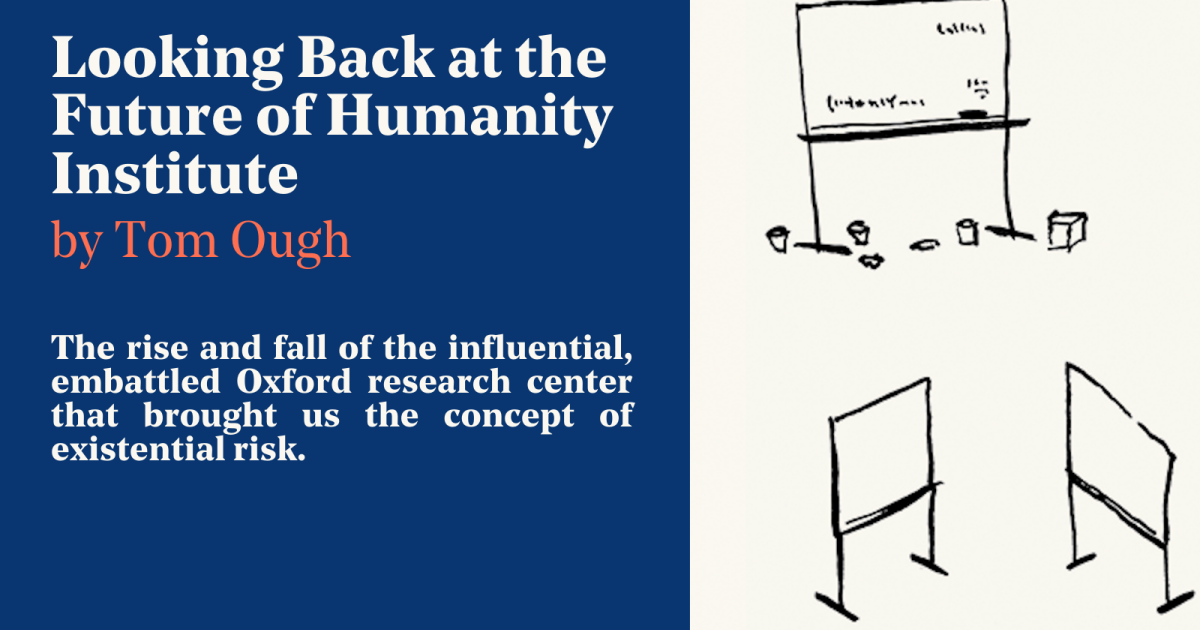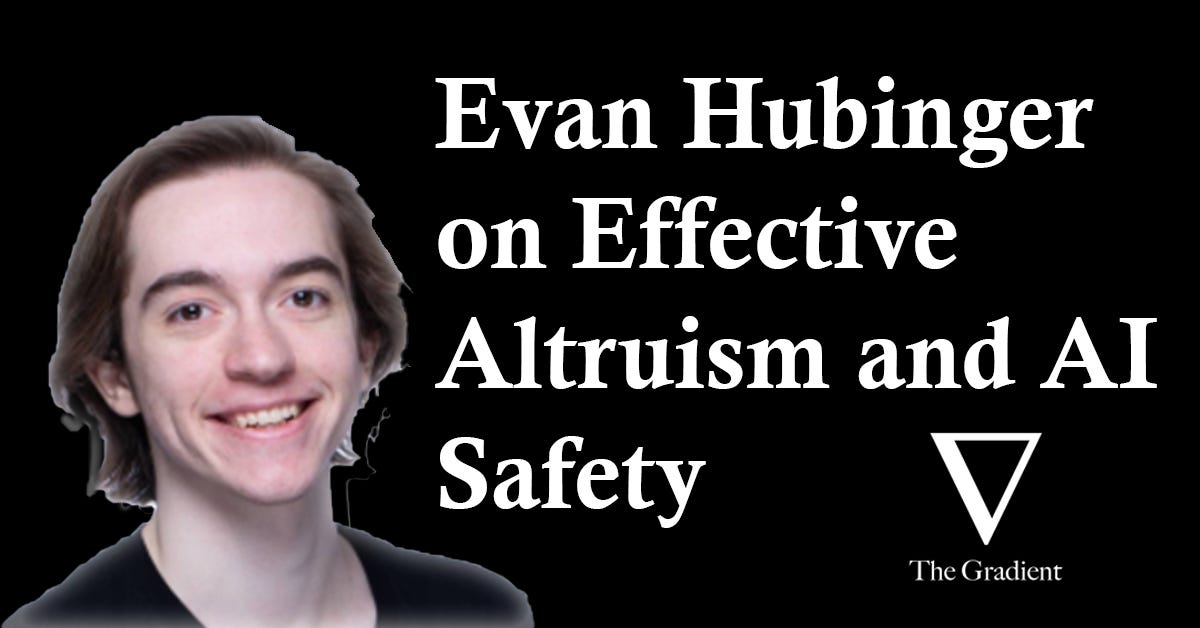
Looking Back at the Future of Humanity Institute
On April 16, 2024, the website of the Future of Humanity Institute was replaced by a simple landing page and a four-paragraph statement. The institute had closed down, the statement explained, after 19 years. It briefly sketched the institute’s history, appraised its record, and referred to “increasing administrative headwinds” blowing from the University of Oxford’s Faculty of Philosophy, in which it had been housed.
Thus died one of the quirkiest and most ambitious academic institutes in the world. FHI’s mission had been to study humanity’s big-picture questions: our direst perils, our range of potential destinies, our unknown unknowns. Its researchers were among the first to usher concepts such as superintelligent AI into academic journals and bestseller lists alike, and to speak about them before such groups as the United Nations.
To its many fans, the closure of FHI was startling. This group of polymaths and eccentrics, led by the visionary philosopher Nick Bostrom, had seeded entire fields of study, alerted the world to grave dangers, and made academia’s boldest attempts to see into the far future. But not everyone agreed with its prognostications. And, among insiders, the institute was regarded as needlessly difficult to deal with — perhaps to its own ruin. In fact, the one thing FHI had not foreseen, its detractors quipped, was its own demise.



















